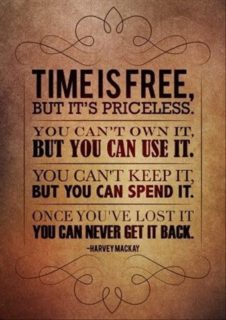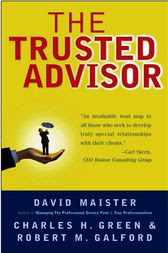We’ve all heard the phrase “Time is Money”. This metaphor permeates much of our language and thinking about time. Many of our household and personal gadgets are “time-saving devices”. Sometimes we judge the depth of our commitments and efforts by assessing the “time we have invested”. When someone is struggling with a serious health condition, we say that they’re “living on borrowed time”.
You are the average of the five people you spend the most time with.
-Jim Rohn
How we “spend”, “budget”, “leverage”, and “invest” our time are all abstract notions derived from the basic idea that “Time is Money”. So, time has value. But unlike money, we don’t all agree on what that value is. Furthermore, the way we actually use our time belies what we say it means to us.
One of the consequences of our Covid-19 experiences is that we’ve all had our schedules and daily routines disrupted. We’ve had to adjust and use our time differently.
Tell me what you value and I might believe you; but show me your calendar and your bank statement, and I’ll show you what you really value.
-Peter Drucker
If we value our time, how do we actually “spend” it? For some, Covid-19 has created opportunities for more quality time with family members; time spent home-schooling kids, cooking and eating meals together; watching movies, playing board games, and going for walks and hikes. For others, this period of time has been anxiety-producing, leading to negative thoughts, unproductive behavior, and time-wasting.

Habits and fixed behavior patterns; fear of change, fear of the unknown, fear of failure, fear in general; and human laziness are common underlying reasons why we waste time. Former Navy Seal, now author and podcaster Jocko Willink says that “discipline is freedom.” What he means by this is that the discipline to build and maintain skillful practices allow us to better learn, grow, achieve, and help others. In our work, “The Path to Mastery” begins with positive, intentionally-designed daily routines and habits. How might you utilize this Covid-19 era to rethink your routines and habits to better serve yourself and your family? How might you rewire to better optimize your True Wealth?



